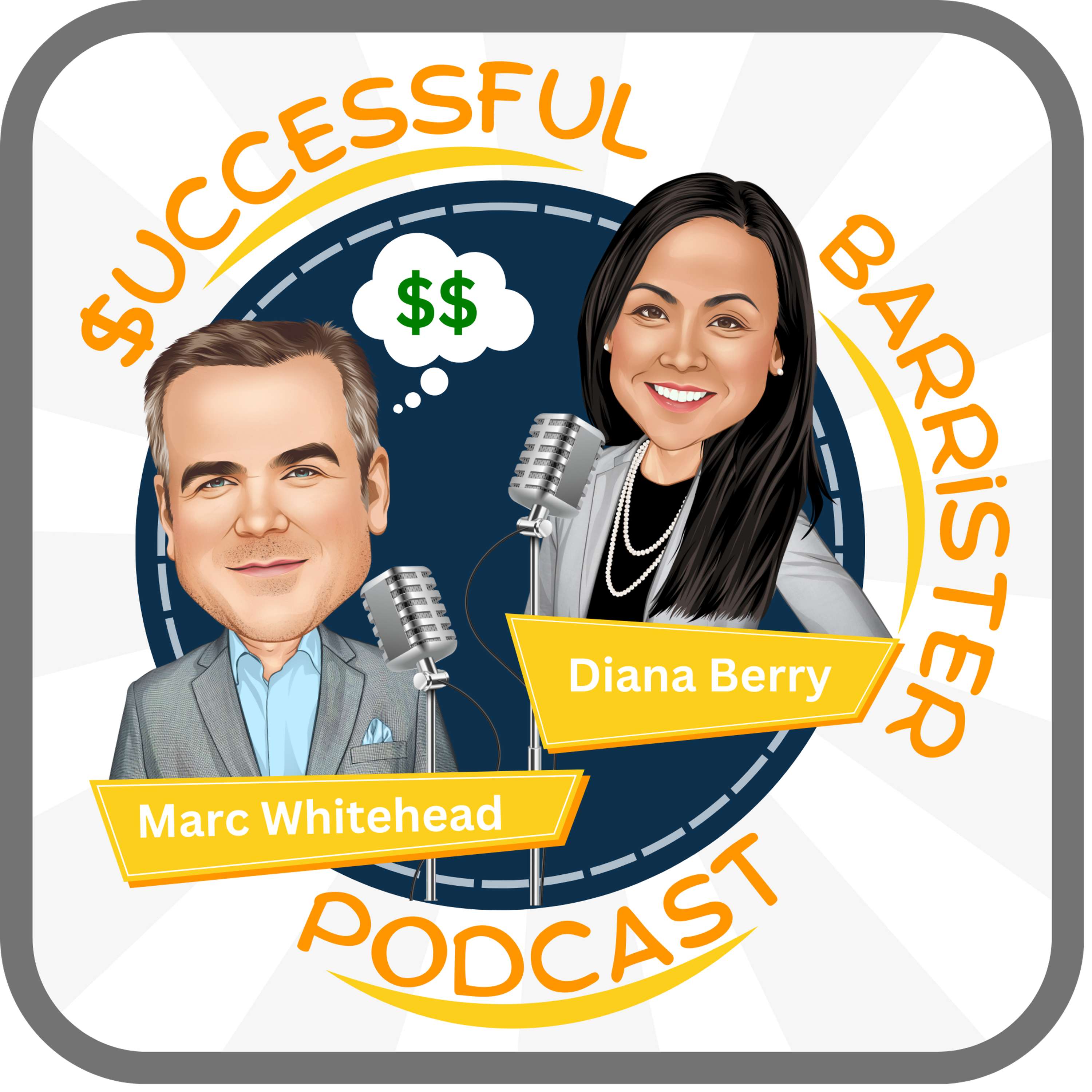Ep. 28 - AI Adoption: Future-Proof Your Firm
Is your firm afraid of AI? Or are you one of the many of firms who have adopted it? While AI has a mixed reputation in the legal industry, it can be extremely useful when applied responsibly. In today’s episode, Marc and Diana discuss their firm’s adoption of AI and advise listeners on how they can adopt artificial intelligence responsibly.
For detailed show notes, navigate using the time stamps below:
[1:17] Today’s episode is about the latest CLIO trends report, which was published at the end of 2024. This year, the report is focused on law firms’ usage of artificial intelligence. AI has gotten a bad reputation in the legal world in the past, but there are many real uses for AI.
[4:45] Atticus offered monthly AI training sessions through Steve Riley through 2024, and will continue to offer them quarterly through 2025. From those sessions, a key takeaway was that AI will not replace lawyers. Instead, AI can help firms shift their business strategies.
[9:10] The CLIO report states that 79% of legal professionals surveyed are now using AI. Marc believes the real number is closer to half, which is still a large shift.
[11:49] AI will affect different business models differently. For billable lawyers, the adoption of AI can be scare because adopting AI reduces your billable hours substantially.
[13:30] For flat fee models, the goal is the opposite – you want to work as few hours as possible because you will make the same amount regardless of how long you work. Marc encourages listeners to shift to a flat-fee model to adjust to the technological shift.
[17:33] Flat fee lawyers can leverage AI to complete routine tasks that do not require their specialized expertise. For example, ChatGPT can help write emails, summaries, and more. It is important to keep in mind that public chatbots do not protect the information entered into them, so avoid entering personal information.
[23:53] Marc Whitehead & Associates recently signed a contract with Westlaw to use their AI CoCouncil. CoCouncil is a closed AI, so lawyers can safely enter client information when prompting it. Marc suggests asking for small, specific outputs.
[29:38] Diana explains the factors that made the firm comfortable with working with CoCouncil. One of those factors was the longevity of the firm’s relationship with Westlaw, and how long Westlaw’s technology has existed. Another factor was their monthly plan.
[33:04] One reason the firm adopted AI is to help with recorded calls. The AI listens to and summarizes the calls, looking for certain patterns for quality control.
[36:20] Diana and Marc discuss an AI vendor that the firm temporarily worked with and why the contract did not last. They found that the AI component was oversold and that the team did not buy into the new technology.
[38:40] You don’t have to adopt all AI technology right now. Your firm can start small and adopt new technology slowly overtime. Diana explains a promising vendor she is interested in working with that the firm has not adopted yet.
[43:47] Another factor in AI adoption is your type of practice. If it is highly specialized to the needs of individual clients with a smaller caseload, you may not need AI services to the same extent as a larger and more routine-based practices.
Visit the Successful Barrister website: https://www.successfulbarrister.com/
Visit the Marc Whitehead & Associates website: https://disabilitydenials.com/
Email Marc Whitehead: marc@marcwhitehead.com






